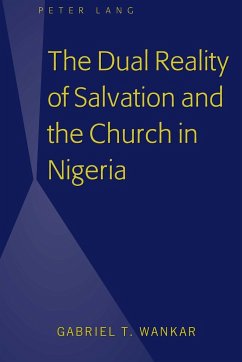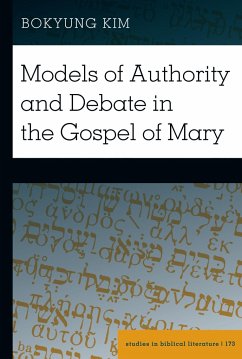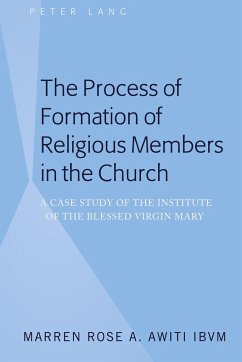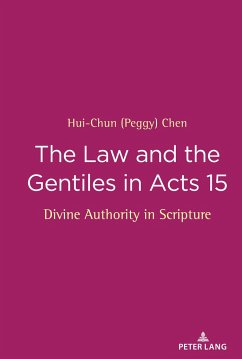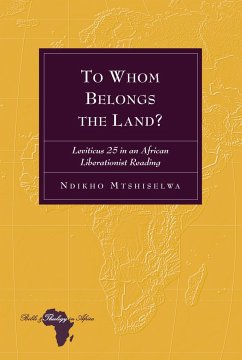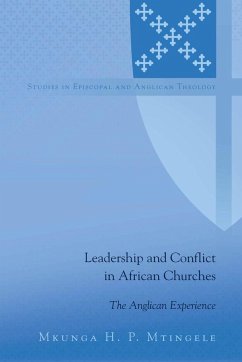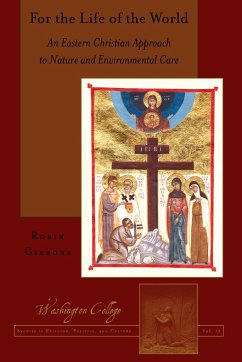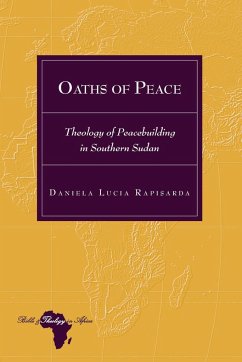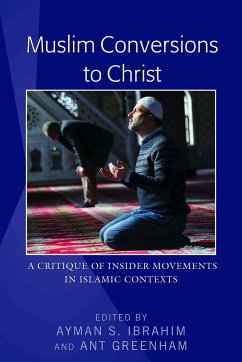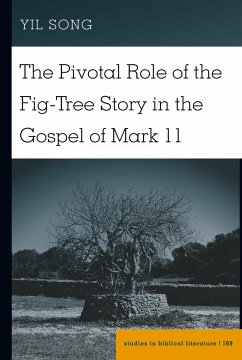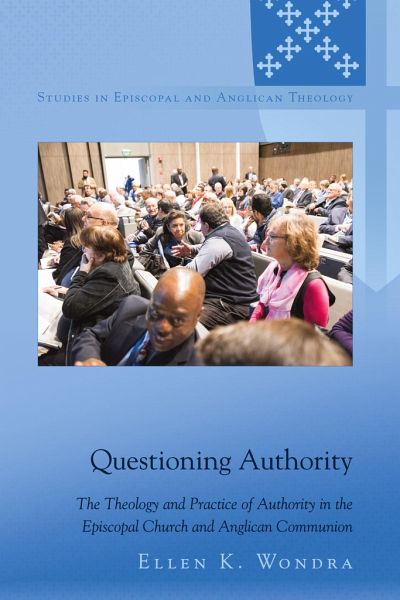
Questioning Authority
The Theology and Practice of Authority in the Episcopal Church and Anglican Communion
Herausgegeben: Robertson, C.K.
Versandkostenfrei!
Versandfertig in 6-10 Tagen
130,15 €
inkl. MwSt.
Weitere Ausgaben:

PAYBACK Punkte
0 °P sammeln!
Questioning Authority analyzes current conflicts concerning authority in the Anglican church and offers a new framework for addressing them. It argues that authority in the church is fundamentally relational rather than juridical. All members of the church have authority to engage in discerning the church's identity, direction, and mission. Most of this authority is exercised in personal interactions and group practices of consultation and direction. Formal authority in the church confers power so responsibilities can be fulfilled. Church relations always include conflict, which may be creativ...
Questioning Authority analyzes current conflicts concerning authority in the Anglican church and offers a new framework for addressing them. It argues that authority in the church is fundamentally relational rather than juridical. All members of the church have authority to engage in discerning the church's identity, direction, and mission. Most of this authority is exercised in personal interactions and group practices of consultation and direction. Formal authority in the church confers power so responsibilities can be fulfilled. Church relations always include conflict, which may be creative and helpful rather than divisive. Conflict arises because persons and groups follow Christ in ways related to their own cultural context while also being in communion with others. Communion in the church requires embracing diversity, recognizing and respecting others' perspectives, and working together to discover and create common ground. Today's church needs more participatory forms of governance and decision-making that are conciliar and synodal.





